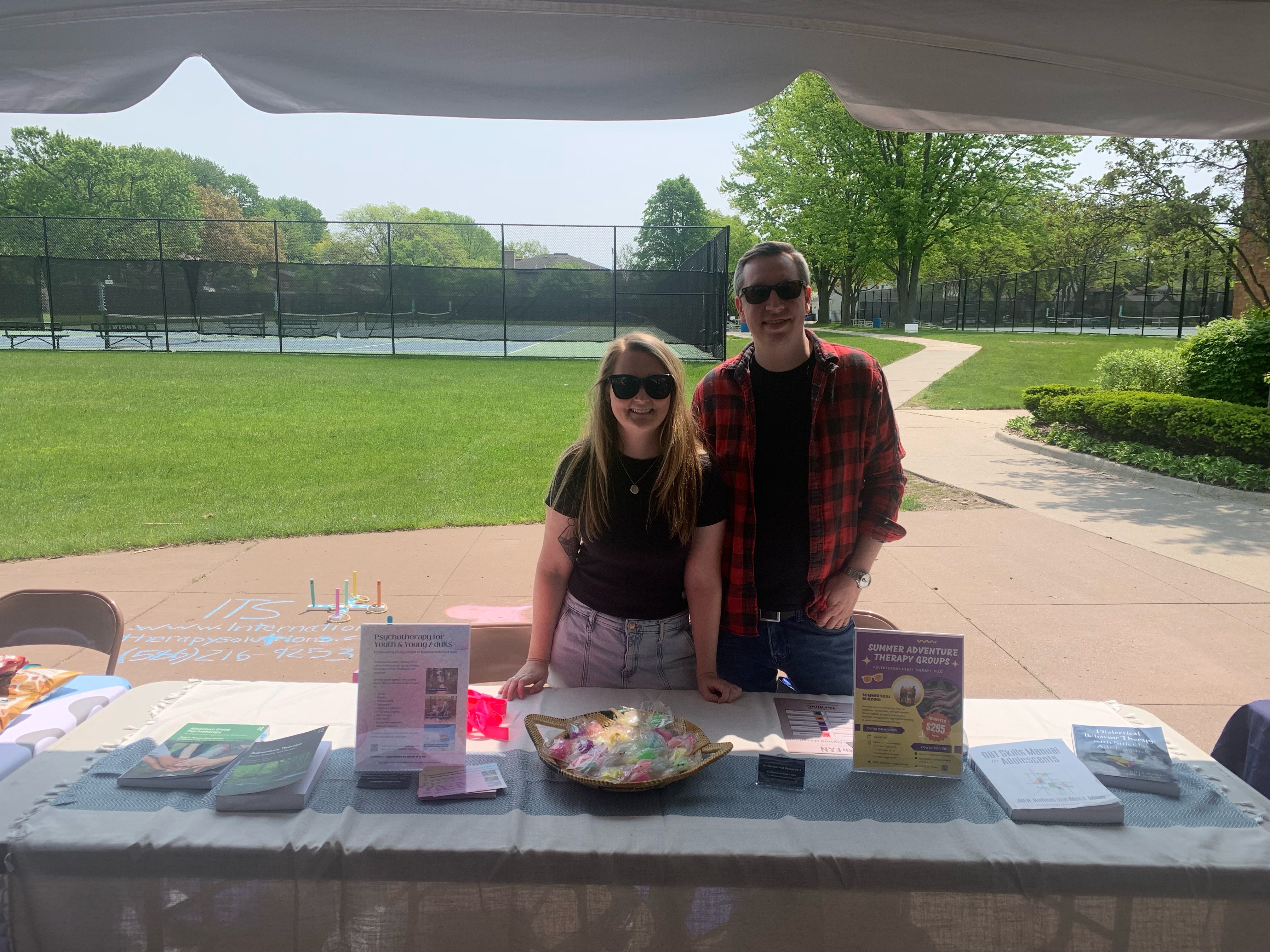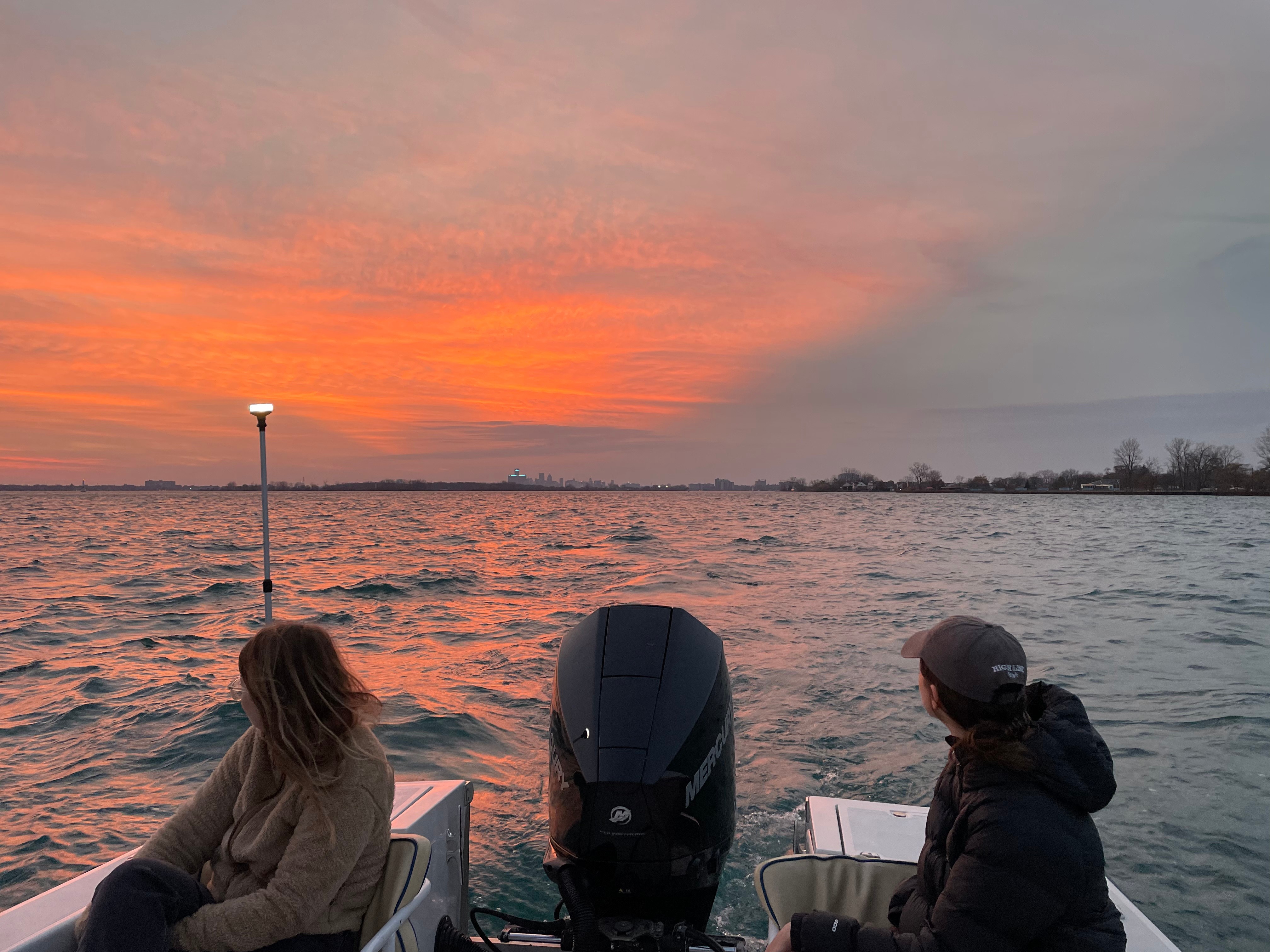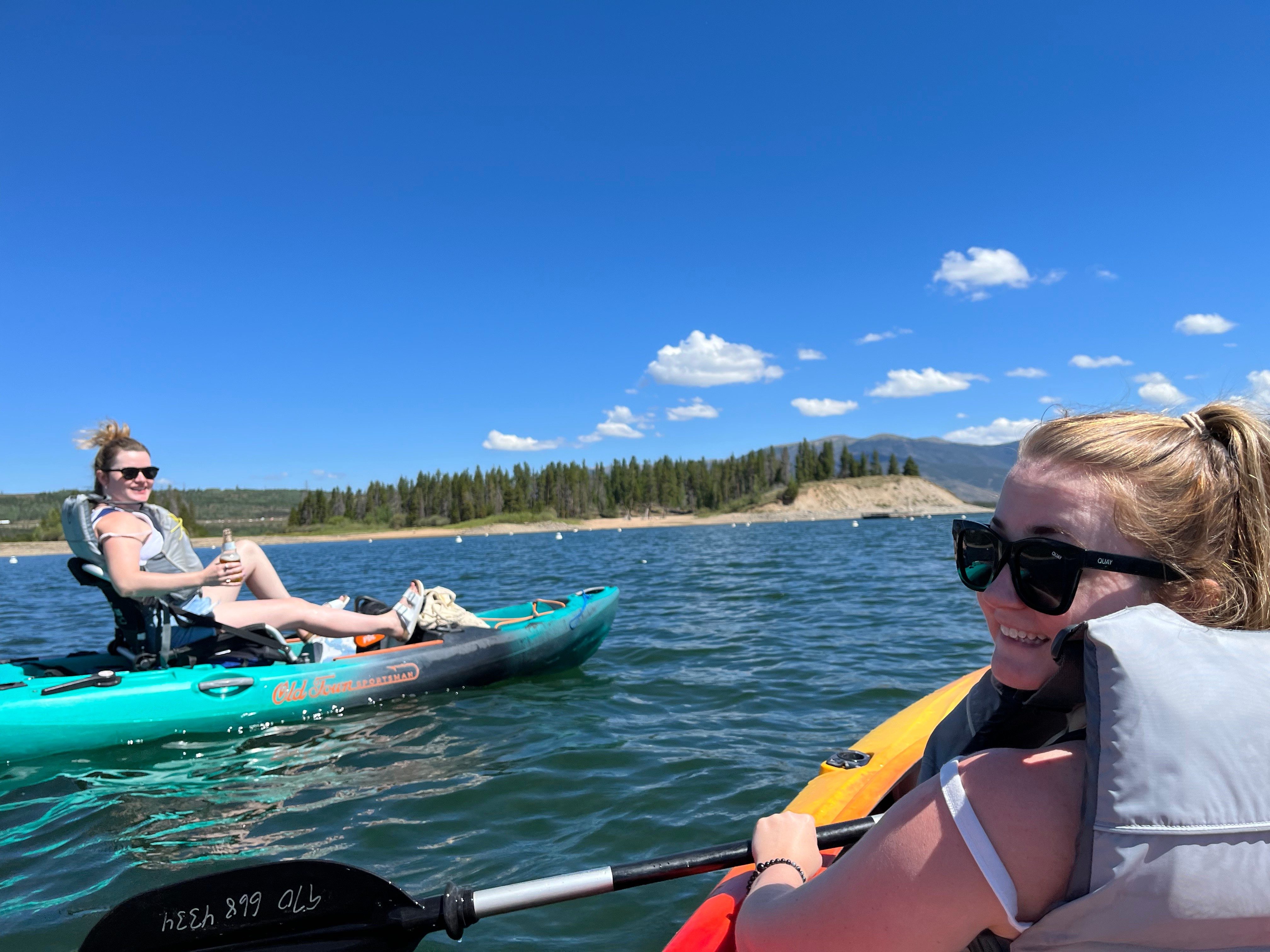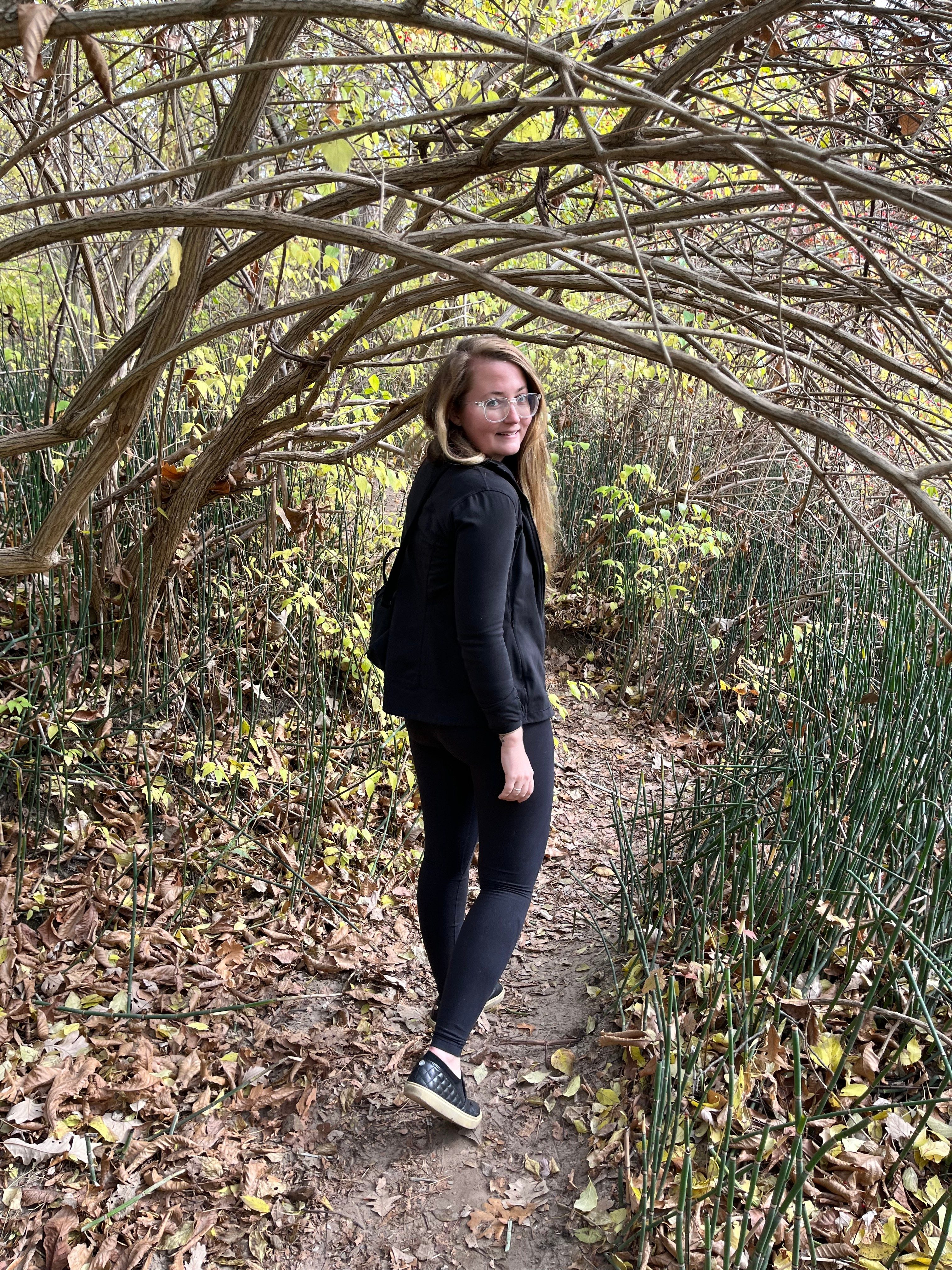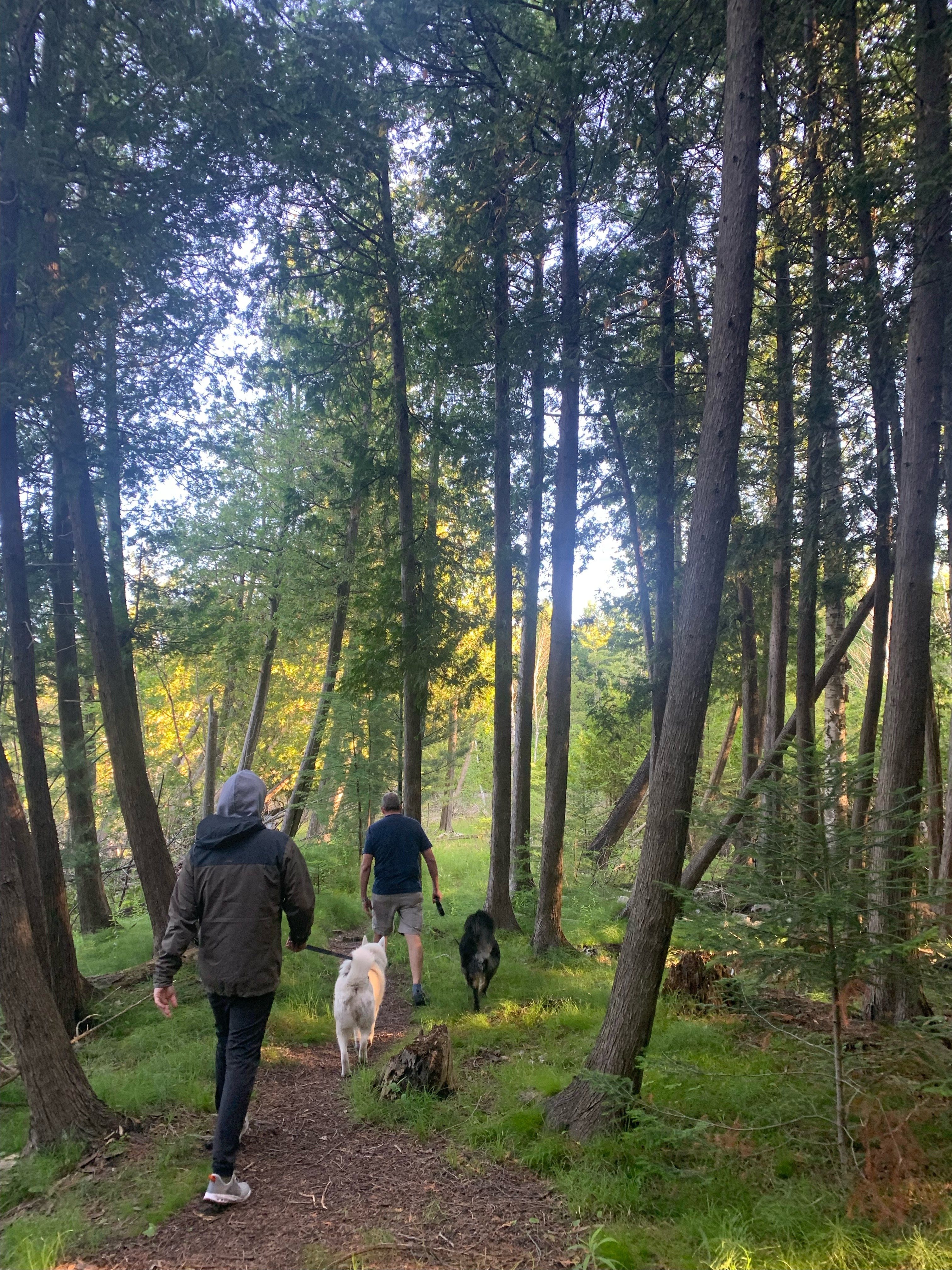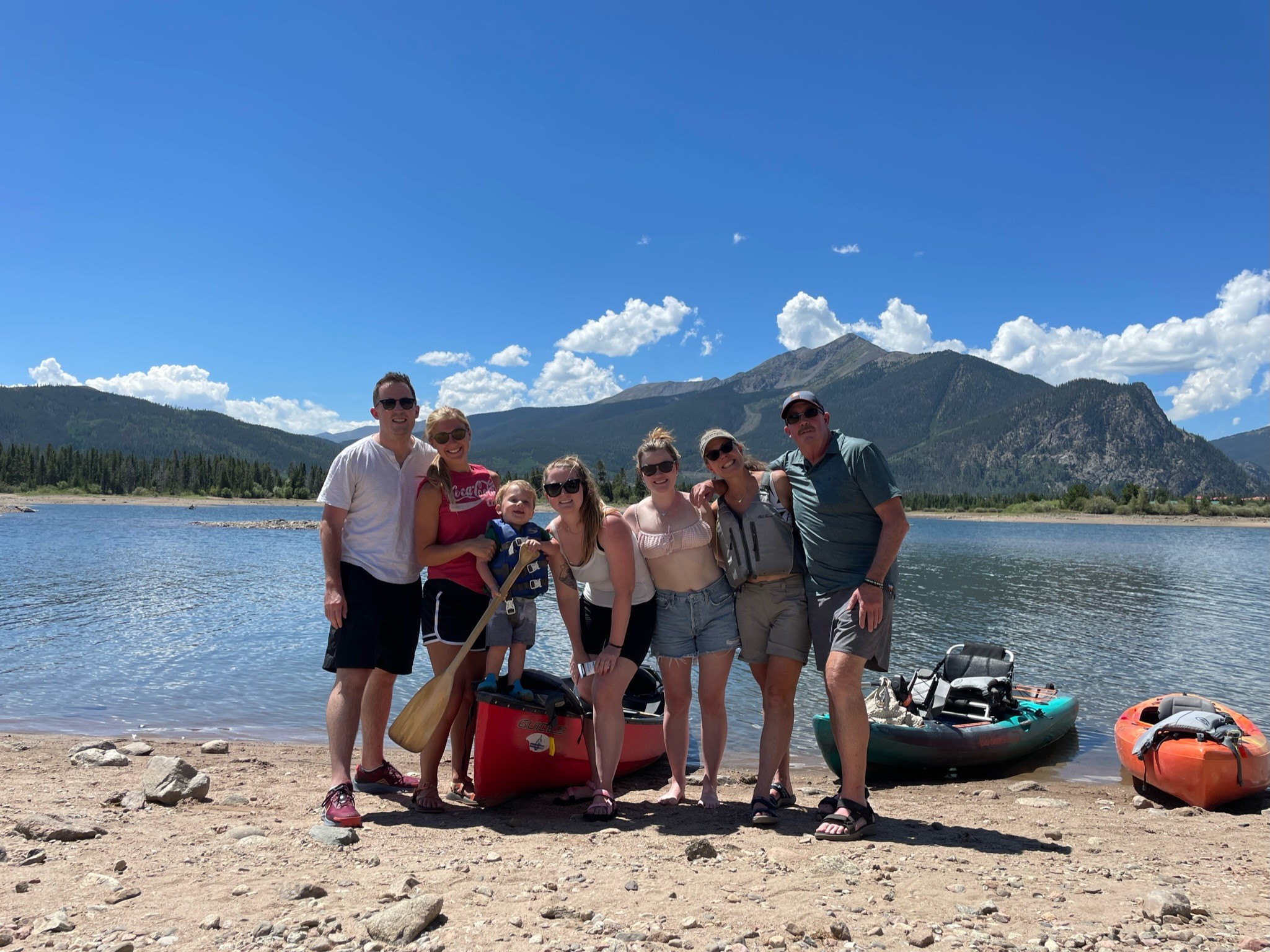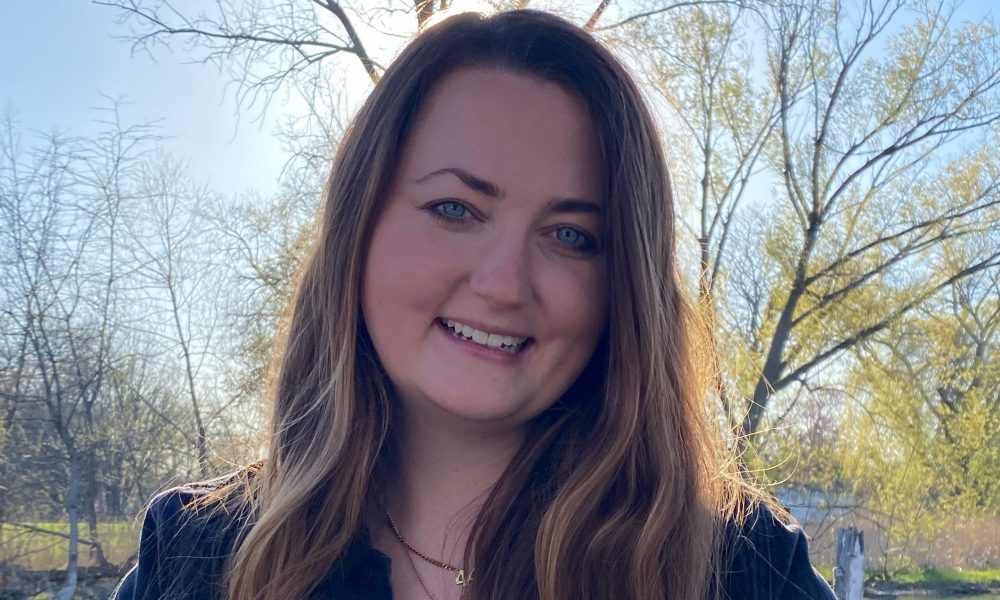

Today we’d like to introduce you to Emma Ottenhoff.
Hi Emma, so excited to have you with us today. What can you tell us about your story?
For as long as I can remember, I knew I wanted to go into the mental health field. I never spent much time debating what my career would be or trying out different fields; I just always had an understanding that in some shape or form, mental health work was right for me. Some of this stemmed from experiencing my own mental health obstacles as a child and teen. As a pre-teen and teenager, I started taking some yoga classes and learned about mindfulness skills. While earning my bachelor’s in psychology and a minor in history and global religions and spirituality, I also worked on a psychology research lab focused on the use of mindfulness practices in addressing social justice issues (such as reducing mental stereotyping towards others) and improving mental health. For a couple years after college, I worked with City Year, an Americorps education nonprofit serving students in supportive roles in Detroit Public Schools. Afterwards, I joined a fellowship called Challenge Detroit, which focused on community-building projects and consultation. With a bit of groundwork set in mental health and community-based work, I was ready to pursue graduate school. But not through a doctorate program in psychology, like I had always planned, but a master’s in social work. The lens of social justice and community focus that social work provided was the work I wanted to pursue.
My first week of graduate school, I was so excited to be enrolled in a class called “Adventure Therapy,” something I knew nothing about, but the title intrigued me. All I knew was that I loved going on all sorts of outdoor adventures my entire life – sailing, kayaking, swimming, camping, and so on. The class was incredibly meaningful to me and significantly shaped my clinical work with the help of the professor Tony Alvarez who now continues to be a mentor and friend. I spent a couple years after graduate school working in a community mental health home-based program providing intensive therapy services to high acuity and marginalized youth and families experiencing things like chronic trauma, self-harm, suicidal thoughts, and socioemotional and behavioral challenges in school and/or home. Approximately a year ago, I decided to leave the home-based job and thereafter develop my own practice, Adventurous Heart Therapy, where I continue to serve youth, young adults, and LGBTQ folks.
Alright, so let’s dig a little deeper into the story – has it been an easy path overall, and if not, what were the challenges you’ve had to overcome?
There have been bumps and detours every step of the trail so far, which has only made the experience more interesting and fulfilling. One of the most emotionally difficult decisions I have had to make was leaving home-based therapy. I truly loved the work and at the same time, had been painfully aware of how unsustainable it was going to be for me in the long run given the structural challenges of community mental health. Saying goodbye to the families I served, for some of which was a few years, was devastating. But I wanted to have more freedom to run my work the way that I envisioned, so I knew that starting my own practice was the next turn in the trail. It was important to me that my practice operated in a way where I could still work at the intersection of community and clinical work the way I did in the home-based therapy program, a piece I’m still figuring out in private practice. Right now, some of my solutions have been to engage in community events, partner and collaborate with other entities like schools and organizations, and offer adventure therapy group programming to youth.
Great, so let’s talk business. Can you tell our readers more about what you do and what you think sets you apart from others?
My mental health practice focuses on helping young people build adventurous lives. I serve youth and young adults experiencing a variety of issues, such as anxiety, depression, ADHD, autism, PTSD/trauma, life transitions, and stress management. I particularly specialize in youth experiencing self-harm and suicidal thoughts. I provide affirming care to LGBTQ clients and identify as a member of that community as well. I utilize a range of clinical modalities in my work, primarily Adventure Therapy, Dialectical Behavioral Therapy (DBT), and strength-based frameworks. Adventure therapy is an approach to mental health treatment which uses active experiences (i.e., hands-on activities, some of which are outdoors) to focus on the attainment of therapeutic treatment goals. Some examples of adventure therapy activities include hiking, kayaking, and focused games and initiatives while integrating the therapy part into sessions in a meaningful way. DBT encourages clients to “build a life worth living” by developing skills in coping with stress, managing emotions, and being present in everyday life. My services are unique because I am one of a small group of adventure therapist practitioners in Michigan and because of my passion and focus on both clinical and community work. I offer some individual and group therapy sessions outdoors based on client interests and goals. I engage in community events on a regular basis and aim to continue to build adventure therapy group programming, community workshops, facilitations, and consultations for schools, businesses, and organizations.
Can you share something surprising about yourself?
When I was in high school, I went through a yoga teacher training program, which fueled my interests in mindfulness practices, spirituality and religions around the world, and mind/body integration. The people I met at the yoga studio became a close-knit community, including some friendships that I still cherish today.
Pricing:
- $150/session (individual sessions)
- Out of Network insurance reimbursement to clients with qualifying plans
- Group programming, workshops, and facilitations vary
Contact Info:
- Website: www.adventuroushearttherapy.com
- Instagram: @adventuroushearttherapy
